OMAHA, Neb. — The Omaha City Council has approved an expansion of the police department’s drone program, broadening its partnership with Axon Air. According to a source familiar with the program, the move aligns with existing Axon infrastructure already in use by Omaha Police, including body cameras, Tasers, digital evidence storage, and Fusus real-time crime center integration.
The department has been testing a Skydio X10 drone dock in beta for the past three months. Officials plan to scale up to 24 Skydio X10 docks operating out of the Able1 hangar, supplementing the department’s existing fleet of three helicopters.

Budget Breakdown: What OPD’s Drone Expansion Will Cost
While the department told KETV-7 it plans to streamline evidence collection through Axon services—backed by a $491,000 payment spread out over 5 years that includes five drones, 52 hardware items, nine software components, and 10 warranties over five years—internal plans indicate a significantly larger expansion. A source familiar with the program confirmed Omaha Police have been testing a Skydio X10 drone dock in beta for three months and intend to scale to 24 docks, all operated from the Able1 hangar and integrated into daily operations.
Omaha Police will likely start with the five drones in the $491,000 proposal as a pilot, then seek additional City Council funding to gradually expand to the full fleet of 24 Skydio X10 docks and drones. This phased rollout helps manage costs and build support before full deployment.
Nebraska’s LB 1300, signed into law in April 2024, prohibits state and local agencies from contracting with companies linked to foreign adversaries, including China. While DJI isn’t named directly, the law effectively blocks law enforcement from purchasing Chinese-made drones due to national security concerns. It also introduces an annual “Pacific Conflict Stress Test” to evaluate supply chain risks. For departments like Omaha Police, this means future drone purchases must come from U.S.-based or approved vendors—shaping both procurement strategy and vendor eligibility going forward.
“The City Council vote aims to align our program with state law by transitioning away from drones manufactured by ‘adversarial countries’ and positioning OPD for future advancements,” Tyler Friend told KETV-7.
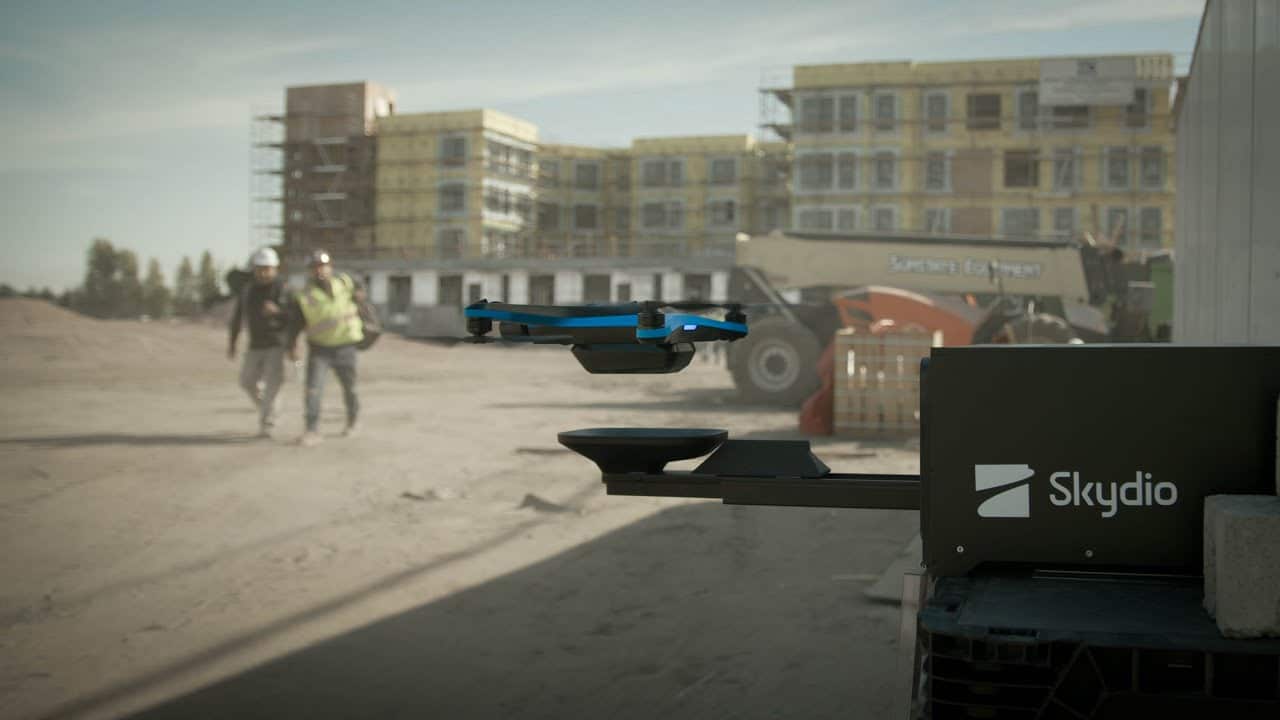
Nebraska Bills Offer Officers a Path Forward as Federal Drone Ban Looms
Nebraska’s LB660 and LB44 provide crucial support for expanding drone enforcement capabilities within law enforcement and fire departments. LB644 facilitates automated enforcement tools, such as speed monitoring, that can be enhanced through drone technology to improve public safety in high-risk areas like highway work zones and school zones.
Meanwhile, LB660 ensures that drones purchased by state and local agencies come from secure, vetted sources by banning vendors linked to foreign adversaries, including China. This safeguards sensitive drone operations from potential security threats and protects critical data. Together, these bills pave the way for Nebraska’s public safety agencies to adopt advanced drone technology confidently and securely, strengthening enforcement and emergency response efforts across the state.
January 26 of this year, Nebraska officers working in the UAS sector submitted amended draft proposals to City Council for review. DroneXL has the exclusive on those amendments.
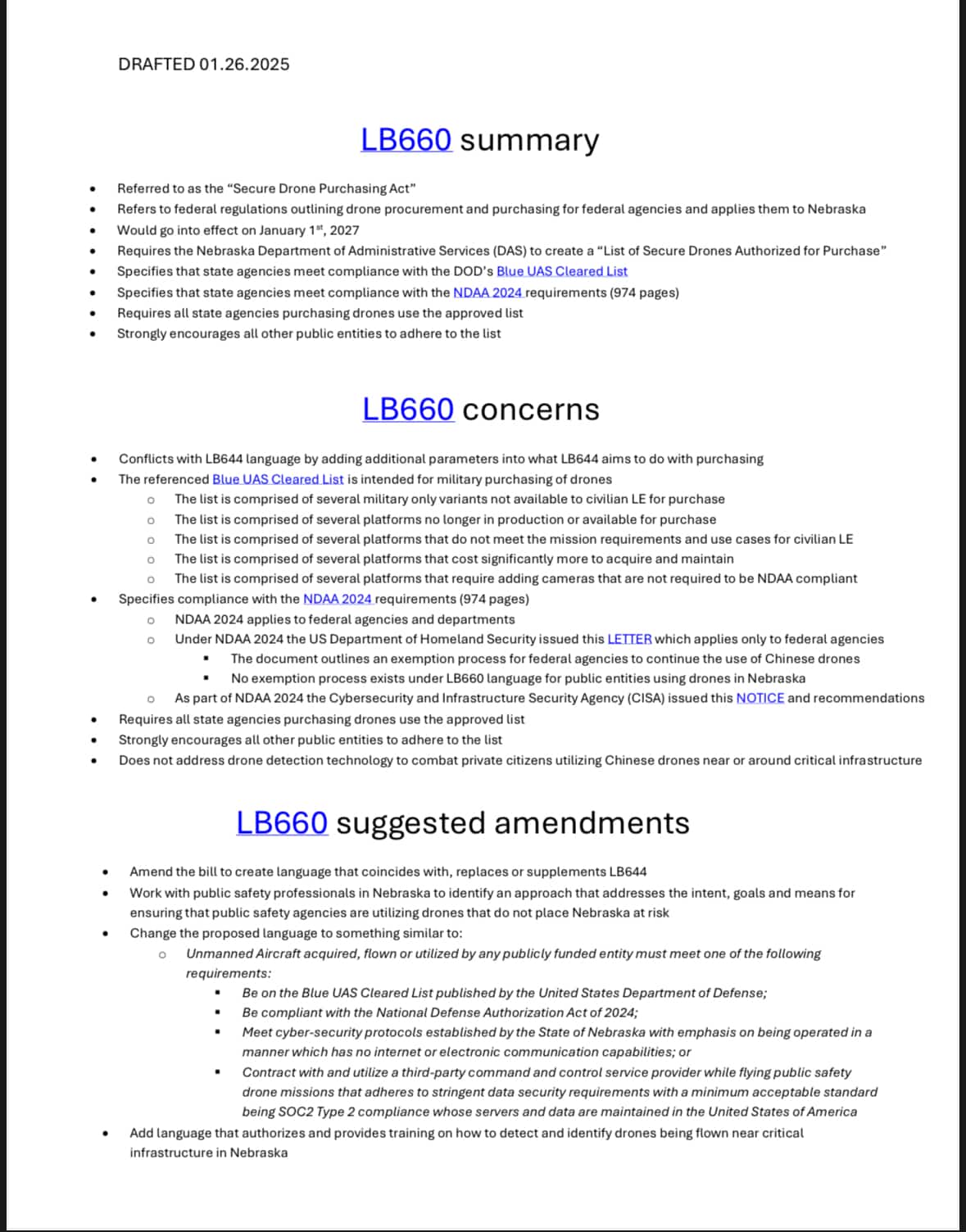
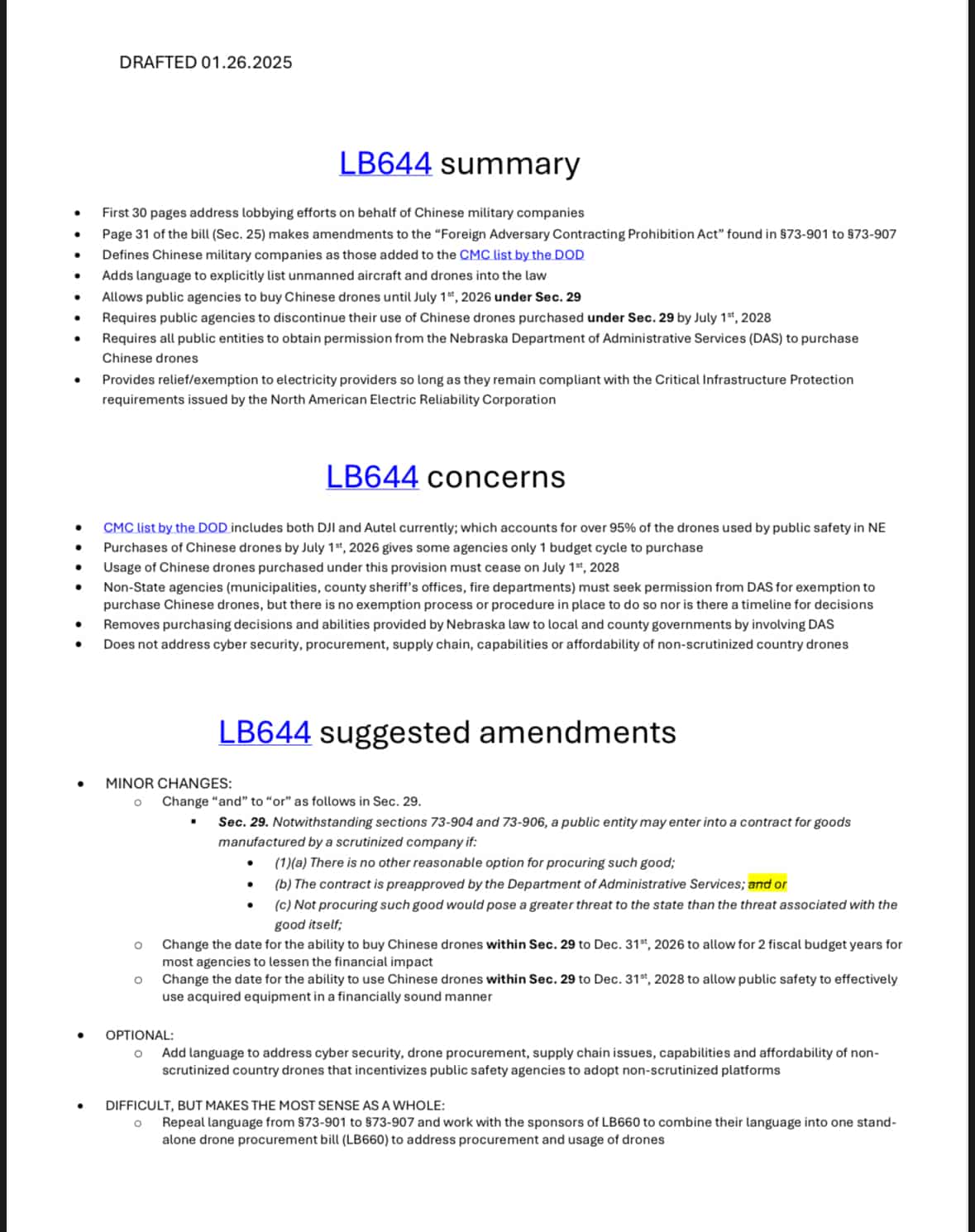
Nebraska State Senator Eliot Bostar has played a key role in advancing legislation aimed at protecting the state’s critical infrastructure and supply chains from potential foreign threats.
Speaking about LB1300, Bostar noted, “LB1300 prepares the state’s supply chains and critical infrastructure for the risk of a Pacific conflict that Beijing consistently signals might occur.”
His efforts have focused on ensuring Nebraska adopts proactive measures to secure technology procurement and public safety systems amid growing concerns over foreign influence. This work earned him recognition from organizations such as State Armor for promoting policies that strengthen state security and resilience.
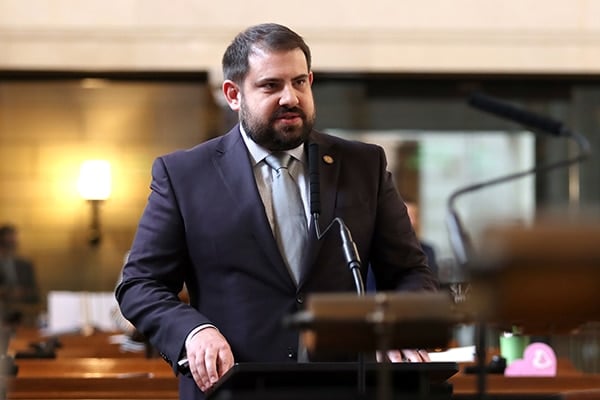
Omaha Residents Voice Fears of Warrantless Surveillance, Eroding Public Trust
On social media, some users voiced concerns that Omaha Police could use drone technology to monitor citizens or expand surveillance without sufficient oversight. Comments referencing a “police state” and fears of constant aerial monitoring appeared alongside skepticism about how the drones would be deployed. However, based on research and agency use, the drones are primarily used to reach incidents faster than patrol vehicles can—particularly in large or congested areas—improving response times and officer safety. The contrast between public perception and operational reality highlights the importance of transparency as the program expands.
Police departments across the country use drones to increase public safety by responding to emergencies faster, providing real-time aerial views during active incidents, and assisting in search and rescue, traffic monitoring, and crowd management. Drones can often reach scenes quicker than patrol vehicles, giving officers critical situational awareness before arriving on foot—improving both response times and officer safety.
Photos courtesy of Skydio.
Discover more from DroneXL.co
Subscribe to get the latest posts sent to your email.

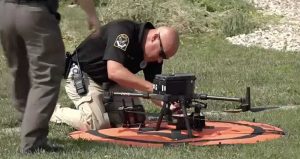

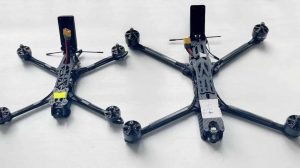
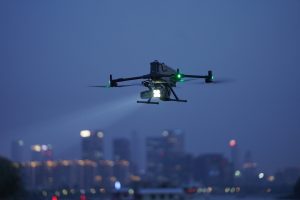

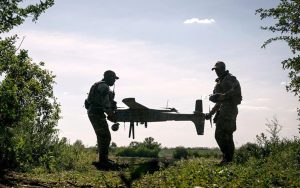
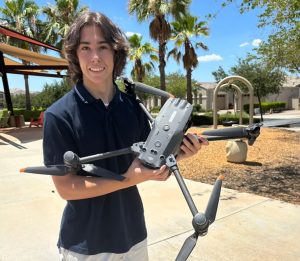
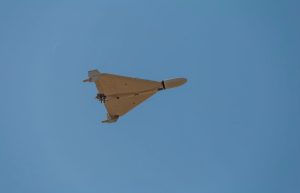
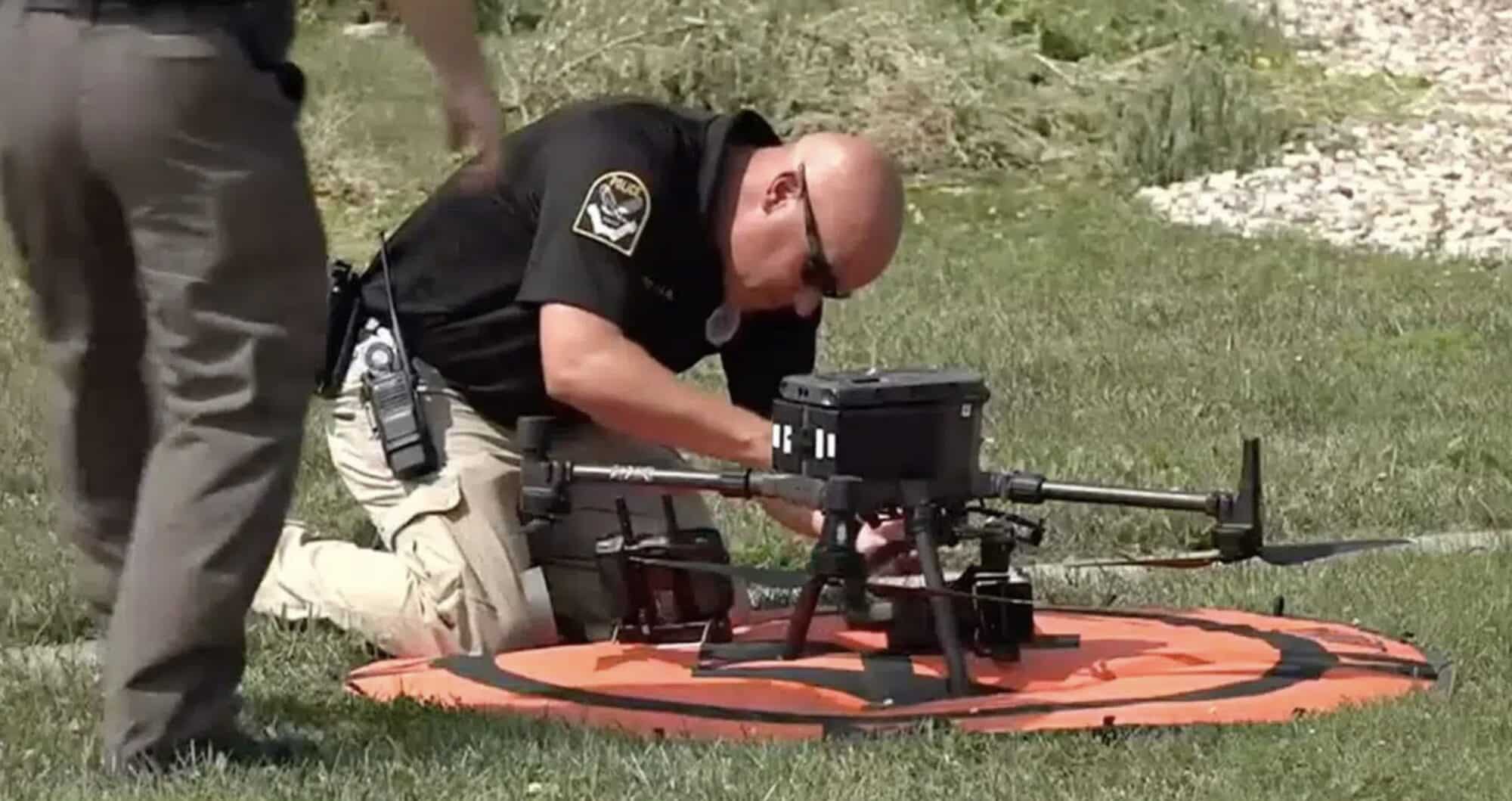
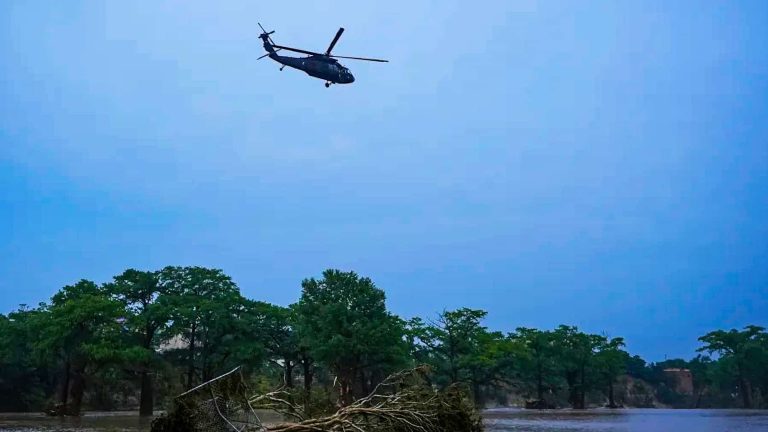

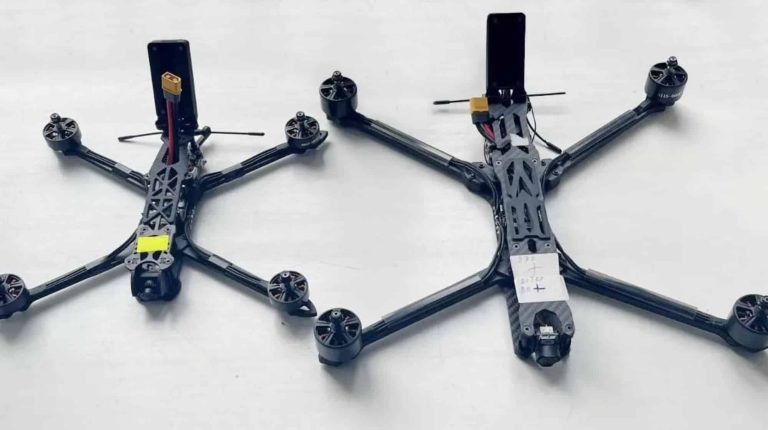
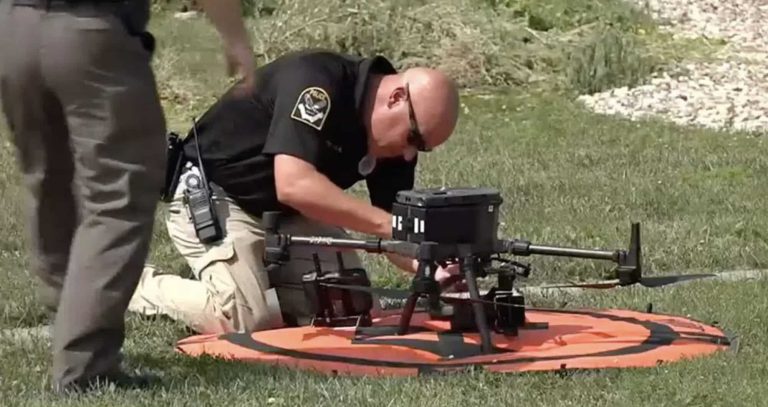
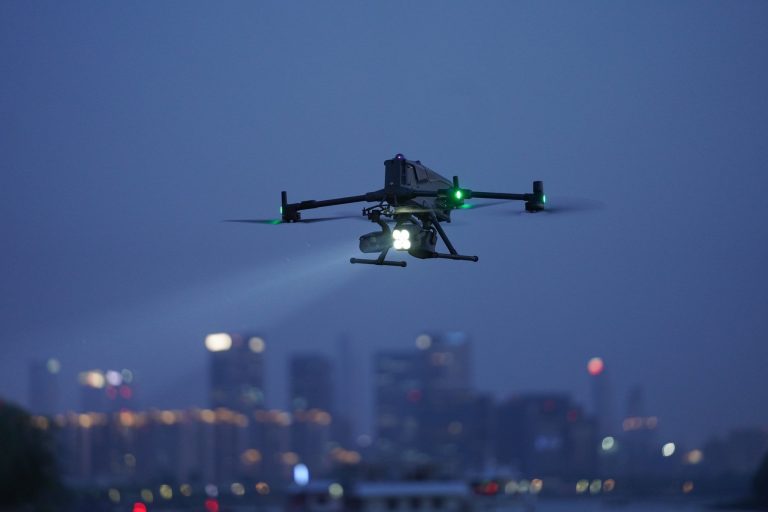
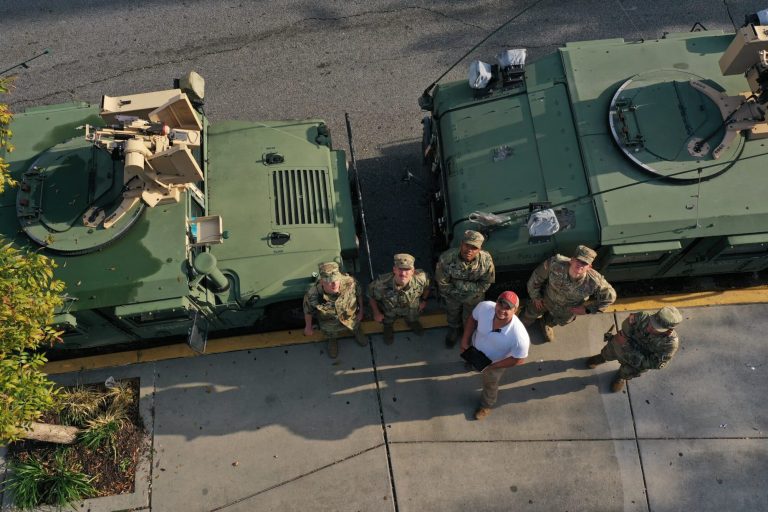
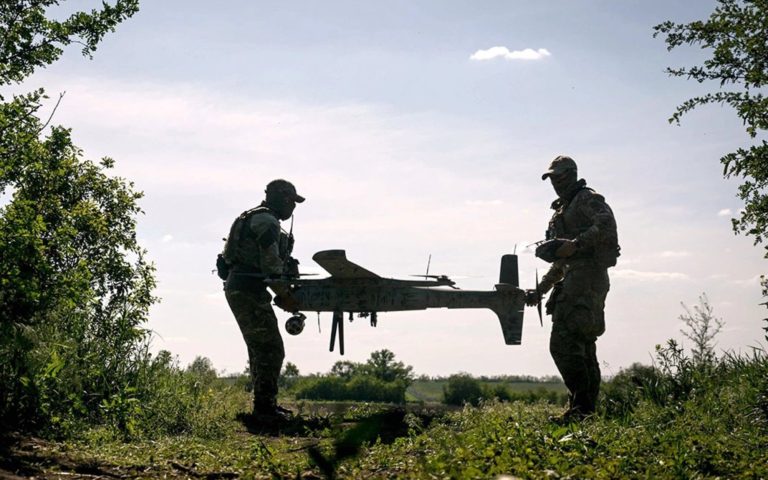
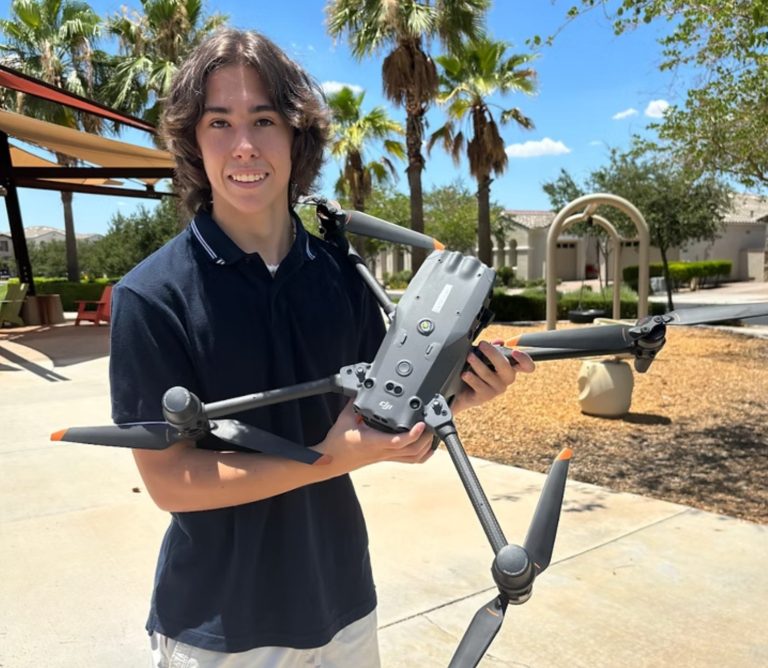
+ There are no comments
Add yours